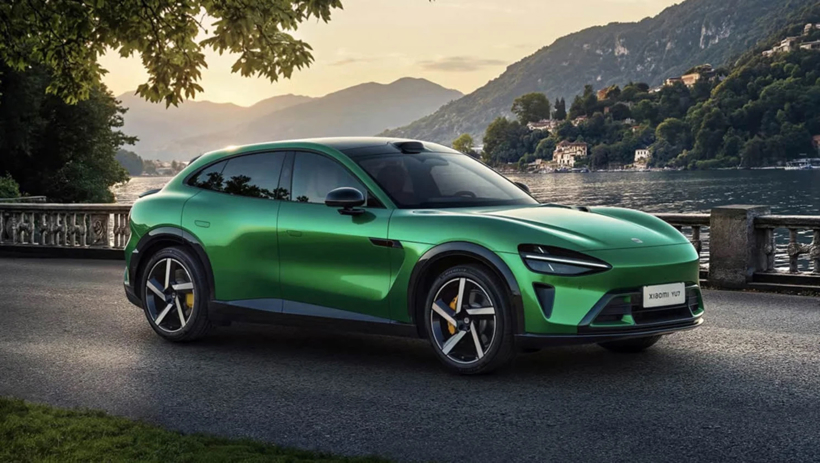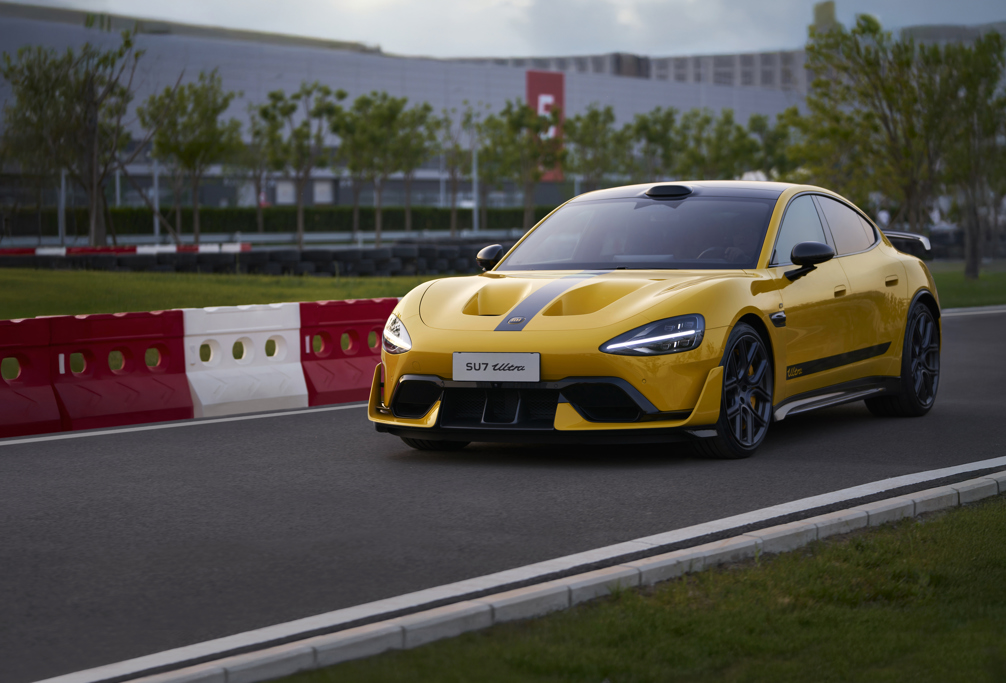- Huge battery development in China could be a game changer.
- Solid state batteries are thought to be the silver bullet to mass EV adoption.
- China is at the forefront of solid state battery development.
This new electric vehicle patent could change everything.
Chinese firm Huawei, which was famously banned from being part of Australia and New Zealand's 5G infrastructure rollout over security fears, has just revealed what could be the biggest battery breakthrough yet.

Its latest patent application regarding a sulfide-based solid-state battery claims it can have a driving range of up to 3000km and be charged in five minutes.
This move by the tech company shows its attempt to wrest control of this lucrative and growing industry away from heavyweights BYD, CATL, LG and Panasonic.

Solid state batteries are thought to be the silver bullet to mass electric car adoption. The cells are smaller, lighter, more energy dense and less prone to fire than conventional batteries.
Chinese carmakers and vehicle component companies are at the forefront of solid state battery development.
These companies talk a big game but have yet to actually detail or showcase these futuristic cells in the real world.

Huawei’s claims are untested and unproven, and there is currently no infrastructure that can sustain charging rates to top a battery up at that speed and 3000km is likely to be far more than any electric car needs.
BMW and Mercedes-Benz on the other hand have put working prototypes into test vehicles to get an idea of their true potential.
The game-changing battery tech has been added to a BMW i7 that is operating in Munich, with the futuristic cells co-developed by BMW and Solid Power.

BMW is aiming to learn about how the cells behave in the real world and it will operate a solid cell prototype line to further its research and development with Solid Power.
This test follows on from Mercedes-Benz performing a similar experiment in an EQS prototype with solid-state batteries developed by US company Factorial.
Mercedes-Benz said its test showed the battery boosts range by 25 per cent compared to current batteries, but it is just the first step towards solid-state batteries that boost range by 80 per cent compared to current lithium-ion batteries.
Japanese makers are forging ahead with the tech, too.
Toyota has said previously it is planning on installing the batteries in its cars from 2027 and Nissan will follow in 2028.
Nissan’s Director of Product Planning in Europe Christophe Amblard recently told UK’s Auto Express, that timeline was still on track but left the door open to delays.
“Yes, we will be ready for solid-state batteries in 2028,” said Amblard.
“We can’t rush the process. We have to be sure that this technology is reliable, and ready to meet our customers’ expectations.”
- Dom Tripolone, news editor.




